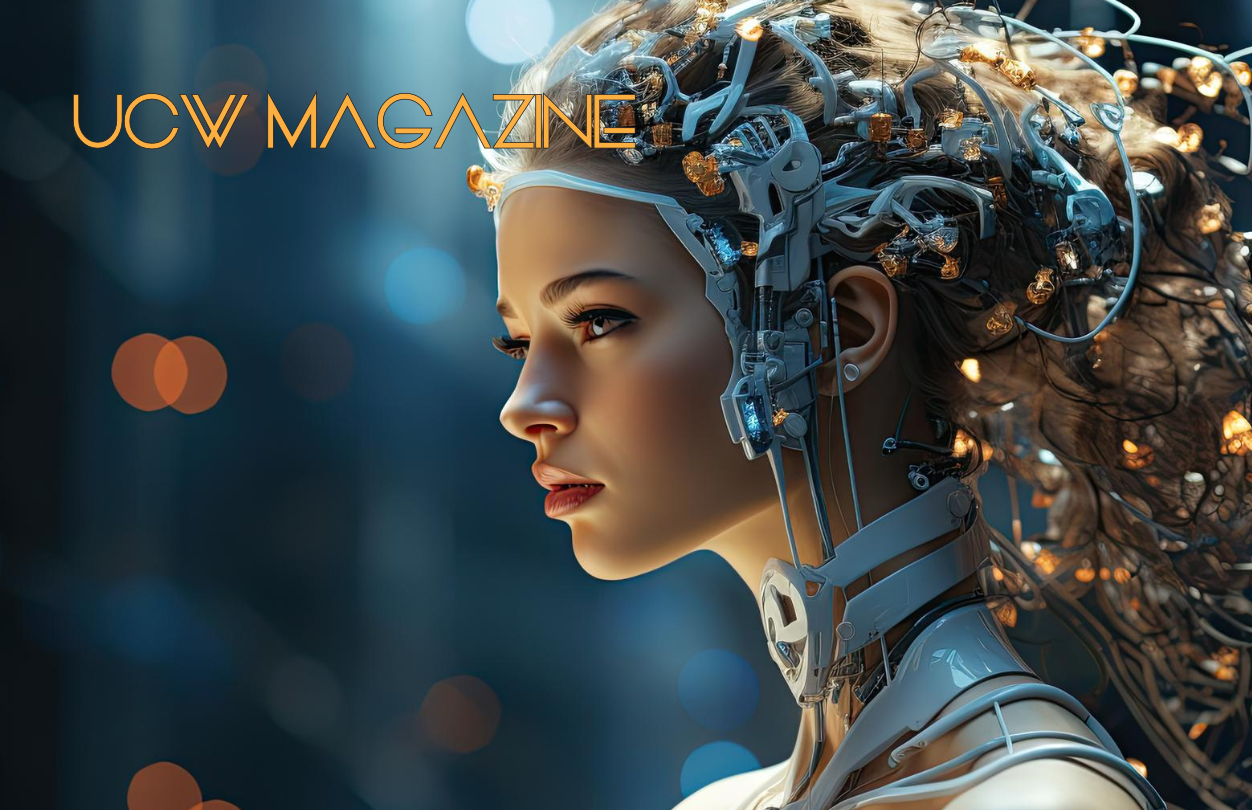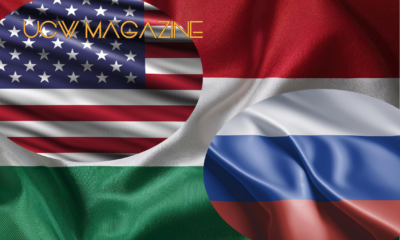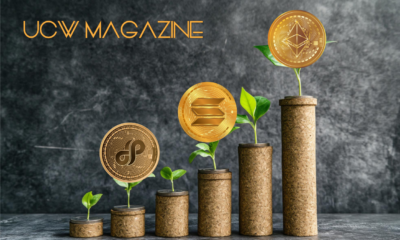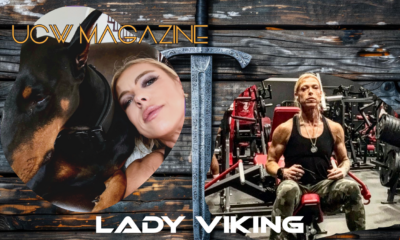In The Pages
AI Companies Brace for Trump’s China Policy Amid Santa Claus Rally Optimism

As President-elect Donald Trump prepares to assume office, the American AI sector faces a pivotal moment. With many U.S.-based AI companies like Alphabet, Meta Platforms, ASML, and Nvidia maintaining extensive business ties with China, the industry is on edge awaiting potential trade policy shifts. Rumors of increased tariffs on Chinese imports have amplified concerns, prompting executives to engage directly with Chinese business leaders to strategize for an uncertain future.
AI Titans and Their China Connections
- Alphabet: Alphabet’s AI initiatives, including Google DeepMind, focus on advancing machine learning capabilities for healthcare, language processing, and robotics. While Google’s presence in China has faced restrictions, its AI collaborations in the region often emphasize research and non-commercial applications, navigating complex U.S.-China dynamics.
- Meta Platforms: Meta has leveraged AI to improve ad targeting, content moderation, and AR/VR technologies for its Metaverse ambitions. With China being a manufacturing hub for AR/VR hardware, the company’s supply chain remains vulnerable to policy shifts.
- ASML: As a dominant supplier of advanced photolithography machines critical for chip production, ASML’s success ties directly to the global semiconductor market, including China. AI chip demand continues to drive its growth, with potential disruptions threatening the supply chain for high-performance processors.
- Nvidia: Nvidia’s GPUs are the backbone of modern AI applications, from gaming to autonomous vehicles. With China being a significant market for its AI chips, the company is particularly sensitive to any trade restrictions.
The Grok vs. OpenAI Battle and Chipmakers’ Stakes
Elon Musk’s Grok AI, integrated into his X (formerly Twitter) platform, signals a direct challenge to OpenAI’s dominance. This rivalry could have far-reaching implications for AI platform development and chipmakers like Nvidia, which powers the infrastructure for both ecosystems. Grok’s potential integration into Tesla and SpaceX technologies further intensifies the stakes, potentially transforming autonomous driving and space exploration through AI innovations.
Musk’s AI Crossovers
Beyond Grok, Musk’s ventures in Tesla and SpaceX stand to benefit from AI advancements. For Tesla, AI fuels its Full Self-Driving (FSD) capabilities, enhancing autonomy and safety. SpaceX could use AI to optimize satellite operations, spacecraft design, and mission logistics, creating a synergistic ecosystem across Musk’s enterprises.
Santa Claus Rally Offers Optimism
Despite geopolitical tensions, December remains historically favorable for stocks, buoyed by the “Santa Claus Rally.” As fund managers strategically position portfolios for 2025, tech giants like Alphabet, Meta, Nvidia, and ASML could see increased investor activity, reflecting optimism in their AI-driven growth potential.
While the AI industry navigates uncertainty, the convergence of cutting-edge innovation and global trade policies will define its trajectory in 2025 and beyond. For now, eyes remain on Washington, Beijing, and Wall Street as the stage is set for a transformative year.
Daniel Ward
UCW Magazine
































